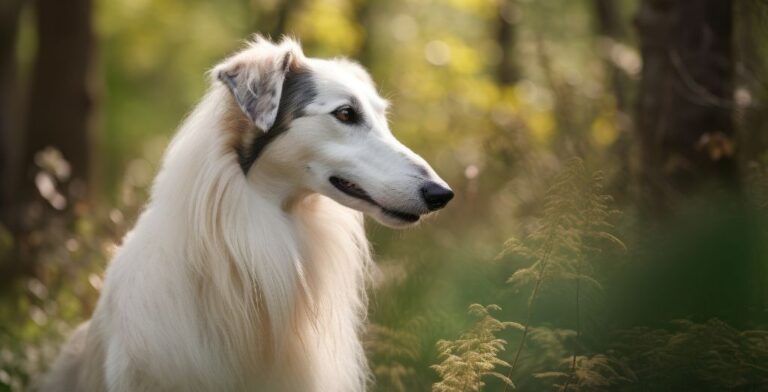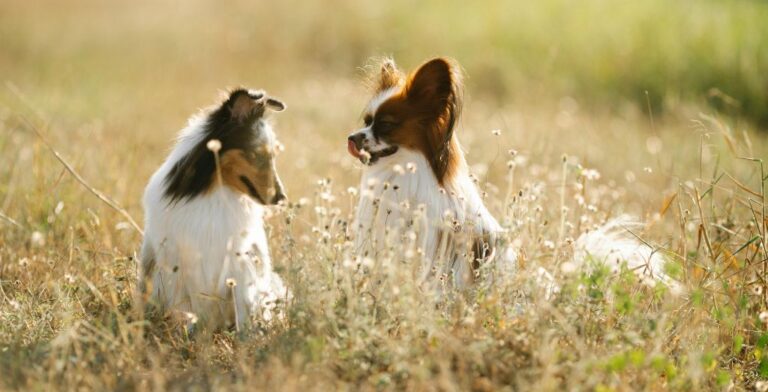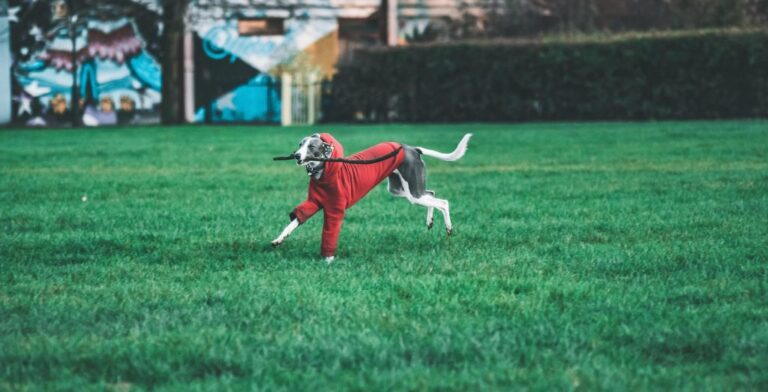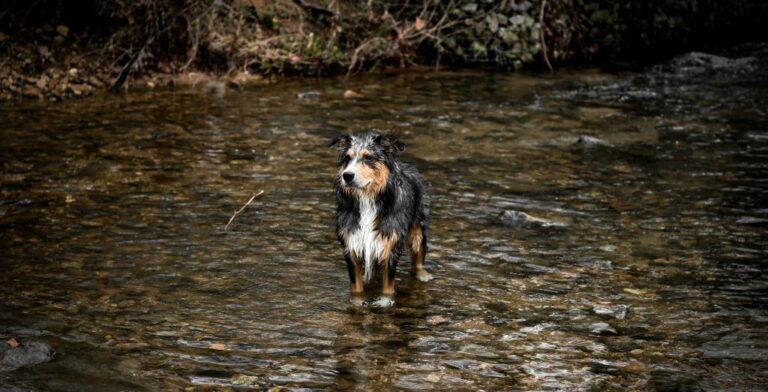Anatolian Shepherd: A Loyal and Powerful Guardian Dog
The Anatolian Shepherd is an ancient breed known for its loyalty, intelligence, and guarding instincts. Originating from Turkey, this powerful dog has been used for centuries to protect livestock from predators. With its imposing size and strong-willed nature, the Anatolian Shepherd is not just a working dog but also a devoted companion for the right owner.
History of the Anatolian Shepherd
This breed has a rich history back thousands of years. This breed originates from the Anatolian region of Turkey, where it was bred to protect livestock from wolves, jackals, and even bears. Their endurance, intelligence, and ability to work independently made them invaluable to shepherds. The breed was introduced to the United States in the 20th century and has since gained popularity for both working and companionship roles.
Physical Characteristics
The Anatolian Shepherd is a large and muscular dog built for endurance and strength. Key features include:
- Size: Males typically weigh between 110-150 pounds, while females weigh 80-120 pounds.
- Coat: They have a short to medium-length double coat that provides protection against harsh weather.
- Color: Common colors include fawn, brindle, white, and pinto, often with a black mask on the face.
- Lifespan: live around 11-15 years with proper care.
Temperament and Personality
The Anatolian Shepherd is known for its strong guarding instincts and independent nature. They are:
- Loyal and Protective: They form strong bonds with their family and livestock.
- Intelligent: This breed learns quickly but requires a firm and consistent handler.
- Reserved with Strangers: They are naturally wary of strangers, making them excellent guard dogs.
- Gentle with Family: Despite their large size, they can be affectionate and gentle with family members, including children when properly socialized.
Training and Socialization
Early socialization and training are crucial for the Anatolian Shepherd. Due to their independent nature, they respond best to firm, positive reinforcement techniques. Here are some key training tips:
- Start Early: Begin training and socialization as a puppy to instill good behavior.
- Be Consistent: Use consistent commands and boundaries to establish leadership.
- Expose to Different Environments: Introduce them to new people, animals, and situations to prevent overprotectiveness.
- Use Positive Reinforcement: Reward-based training helps reinforce good behavior.
Care and Grooming
They has minimal grooming needs but requires regular care to stay healthy.
- Brushing: Weekly brushing helps reduce shedding and keeps their coat healthy.
- Bathing: Only bathe them when necessary to maintain their natural oils.
- Nail Trimming: Regular nail trimming prevents discomfort and injuries.
- Diet: A high-protein diet supports their large size and active lifestyle.
- Exercise: While they are not overly energetic, they need daily walks and a secure yard to roam.
Common Health Concerns
Like all breeds, the Anatolian Shepherd is prone to certain health issues, including:
- Hip Dysplasia: A common issue in large breeds that affects joint health.
- Bloat: A life-threatening condition requiring immediate veterinary attention.
- Hypothyroidism: Can lead to weight gain, lethargy, and skin problems.
- Entropion: A condition where the eyelids roll inward, causing irritation.
Regular veterinary check-ups and a healthy lifestyle may can help prevent or manage these issues.
Fun Facts About the Anatolian Shepherd
- Ancient Heritage: The breed’s ancestors date back over 4,000 years.
- Used in Conservation Efforts: Anatolian Shepherds protect cheetahs in Namibia, preventing human-wildlife conflict.
- Highly Adaptable: They can withstand extreme weather conditions, from harsh winters to scorching summers.
- Independent Thinkers: Unlike many breeds, they make decisions independently when guarding livestock.
- Minimal Barking: They only bark when necessary, making them efficient watchdogs.
- Strong Bonding: While independent, they form deep connections with their owners.
- Recognized by AKC: The breed was officially recognized by the American Kennel Club in 1996.
Is the Anatolian Shepherd Right for You?
They are remarkable breed, but it’s not suitable for everyone. They require an experienced owner who understands their guarding instincts and need for space. If you have a large property, time for training, and a need for a protective companion, the Anatolian Shepherd could be the perfect dog for you.
Conclusion
The Anatolian Shepherd is a loyal, intelligent, and protective breed with a long history of guarding livestock. With proper training, socialization, and care, they make excellent working dogs and devoted family companions. If you’re looking for a fearless yet loving guardian, the Anatolian Shepherd is an outstanding choice.
FAQs
1. Are Anatolian Shepherds good family dogs?
Yes, Anatolian Shepherds can be excellent family dogs when properly socialized. They are protective and loyal but require firm training and supervision around young children due to their large size.
2. Do Anatolian Shepherds get along with other pets?
They can get along with other pets if raised together, but their strong guarding instincts may make them wary of unfamiliar animals. Proper socialization is essential to ensure harmony in multi-pet households.
3. How much exercise does an Anatolian Shepherd need?
Despite their large size, Anatolian Shepherds have moderate exercise needs. Daily walks and a secure yard to roam are sufficient to keep them healthy and happy.










